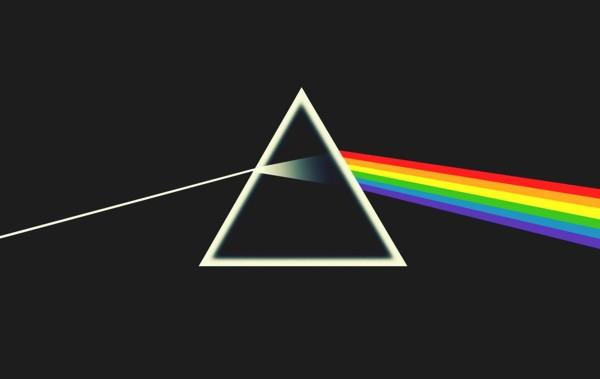What Free Music Is Costing You

Living with bad sound: I don't want to live with substandard audio when better audio is available. So many times I've tried satellite radio, internet radio, and other forms of music streaming and walked away bored a half-hour later. Call me spoiled: I've lived my life listening to LPs, CDs, and more recently high-res downloads and I feel greater involvement when I listen in those formats. It makes me feel closer to music. I have a choice and I choose the good stuff.
Not learning what good sound is: As a kid first I fell in love with music, then I began buying records, then I discovered—to my joy!—how much better those very same records sounded through a good audio system. In fact, every time I upgrade my system, I get more and more out of records I invested in decades ago. But if your pursuit of music began with crude compressed audio files and never progressed to anything better, a high-quality hi-fi or head-fi system will do you little good. It takes both good software and good hardware to get onto the yellow brick road.
Not even wanting to learn what good sound is: My first immersion into high-end audio came from a college classmate who worked in a nearby audio store. Hearing the system in his apartment was a revelation. I couldn't afford what he had, but I could afford a pair of KLH 17 bookshelf speakers, 15-watt Pioneer receiver, and modest Dual 1225 turntable. Then I resolutely set off on the upgrade path, which has been a constant adventure. Nowadays I'm pretty happy with what I've got (though there's always room for improvement). But I'd never have gotten this far without that aspirational moment in college, when I heard something great and wanted to learn more about the relationship between music and audio. It is an article of faith to me now that if someone who is skeptical about better audio gets to hear the good stuff, it will spark a flame that will burn for a lifetime.
What little artists were getting paid, they're not getting paid now: Record companies take advantage of their artists with draconian contracts and tricky accounting. That's an ugly fact of musical life. But if stealing music radically erodes their revenues, the trickle of money going to artists gets even smaller. There are real victims here. And artists who own their copyrights and produce their own independent releases—for which they do get a meaningful share—take a substantial hit with every theft.
Record companies and indie artists cannot invest: Stealing music impoverishes recorded music itself. If record companies and indie artists cannot make money on recordings, they will invest less, or won't invest at all, in making new ones. The Beatles, Pink Floyd, XTC, and other artists who spent countless hours in the studio crafting great records would not have had the chance to do so without financial support (in some cases, massive financial support). Weep for what you'll never get a chance to hear for lack of investment in inspired and well-recorded music.
Free looks like a good price but what does it buy you?: There always have been, and always will be, legal ways of exploring music for free. I grew up on analog FM radio. When my friends and I couldn't afford as much new music as we wanted, we filled the gap by making each other cassettes, which we'd later upgrade to LPs if we liked the music. But the cassette never sounded as good as the original LP, and today, lossy streaming (free or otherwise) doesn't sound as good as lossless streaming. There's a reason why Tidal's $20/month lossless CD-quality plan costs more than its $10/month lossy plan: Lossless streaming sounds better than lossy streaming. You get what you pay for.
There are different kinds of free: And the ones that are in your best interest as a listener are transfers of lossless audio. As Cary Sherman, president of the Recording Industry Association of America, told me in an interview eight years ago: "The record companies are the most flexible and permissive copyright industry. You can burn copies of CDs for personal use, move music from CDs to iPods, and make multiple copies of songs downloaded from iTunes. We want consumers to have an enjoyable experience with their music, and that's why we have never objected to a music buyer making copies for personal use." So if you can't afford $20/month for Tidal's lossless streaming, get CDs from the public library, or borrow from friends, and copy them to FLAC or Apple Lossless. Burn a CD-R for Grandma. Hand your friend a USB stick over coffee or drag the album folder into his Dropbox. Personal-use copying and sharing are still allowed under limited circumstances, but why not copy and share the good stuff?
Audio Editor Mark Fleischmann is the author of Practical Home Theater: A Guide to Video and Audio Systems, now available in both print and Kindle editions.













































